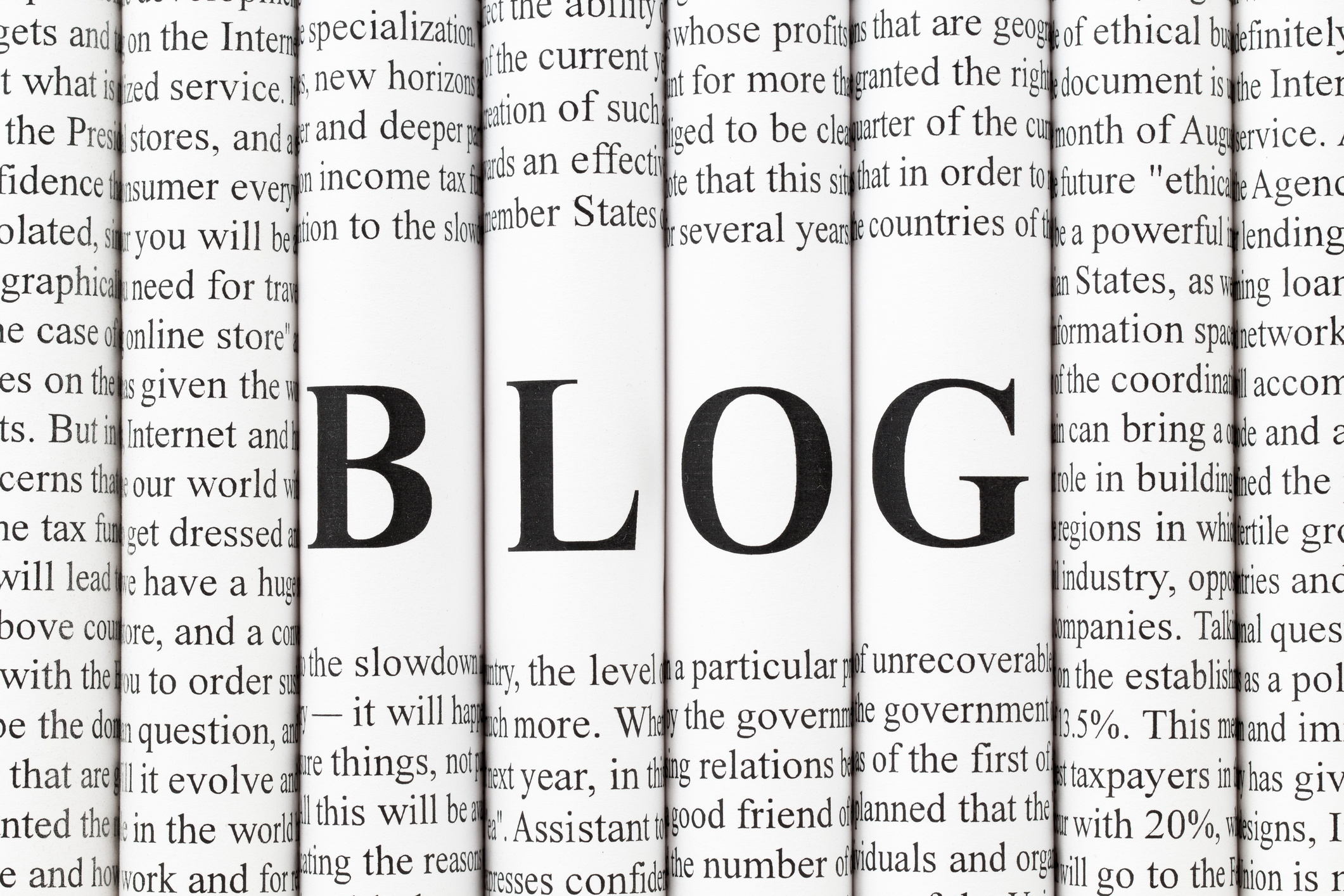
Paperwork, files, receipts, contracts, correspondence - without a proper records management strategy business owners are likely to find themselves losing the battle against documentation. One of the most important tasks that entrepreneurs face, is how to manage the records of their business.
Not everyone shares a passion for personal organization. We might recycle important letters, forget to back up computers or hold onto our tax documents in a storage bin labeled 'in case of audit'. To run a successful business, however, records management is a matter to be taken seriously.
Why does a business need to keep records? Well, according to the CRA:
Keeping records:
"If you are carrying on a business or engaged in a commercial activity in Canada, you are required by law to keep adequate records. Your records have to provide enough details to determine your tax obligations and entitlements. Also, your records have to be supported by original documents."
The CRA defines records, for their purposes, as: "...accounting and other financial documents that should be kept in an organized way", but it really doesn't stop there.
If the thought of making the CRA unhappy isn't enough to motivate you to start a records management system, perhaps a better reason is business continuity. Business continuity, in simple terms, means that your business is able to continue operating without stoppage. A small business owner, it goes without saying, does not benefit from business stoppage...whether that stoppage lasts one hour or one week - either could be devastating in the wrong circumstance. Without proper records a business would have a hard time reaching its customers, suppliers, employees or other stakeholders. Business can be interrupted in many ways - natural disaster, hacked website, employee/owner illness or death, labour unrest - the list is endless. Many of these risks are out of our hands as business owners - but regardless of whether it can be avoided or not, these risks can be mitigated, namely through good records management.


Before....and after
Beyond these negative implications, records management can have an enormous positive impact on your business operations. Domino's Pizza - for example, probably gets more of my business than is deserved. Why? I like that the only information they need from me, in order to delivery my pizza, is a phone number. Their electronic records tell them everything they need to know about me as a customer (address, buzzer #, instructions on how to find my building), ordering takes less than a minute. My favorite local pizzeria, on the other hand, lacks this information, and subsequently makes delivery errors on a regular basis. It would be unreasonable for most small businesses to compare themselves with larger and more technologically sophisticated companies - but it's not unreasonable for customers to expect some effort from even the smallest business.
Here's a list of basic steps you can take to develop a records management system that works for your business:
- Understand which documents hold long-term value to your company. An email conversation between yourself and a supplier discussing pricing may hold value. An email from your husband reminding you to pick up the kids on the way home....DELETE.
- Learn how long certain records need to be held for. For tax purposes, CRA outlines their basic requirements in their Keeping Records guide. From the Business Owner Toolkit, a useful checklist runs down a number of key business documents, and provides a retention schedule for each.
- If you have a hard time keeping yourself organized - delegate some of the responsibility. If you don't have the luxury of employing support staff, friends/family with a keener sense of organization might be able to start you on the right track.
- Back it up! Given the low price of mass electronic storage devices ($69.99 for a 1TB hard drive), the cost of storing most electronic files can literally be measured in nano-pennies. Cloud computing is another increasingly popular option.
- Keep paper originals when necessary - otherwise opt for paperless. Take advantage of electronic receipts, e-statements, online invoices and other 'born digital' documents. Most banks will store (and make accessible) your electronic account statements for 7 years. What would be easier: trying to track down a December 2007 purchase by sorting through a stack of paper statements, or 3 clicks to a PDF version of the same document?
Every small business - and by extension every small business owner - inevitably uses the records management system of their own making (some good, some not so good). The right records management system, however, can go a long way towards reducing owner/employee stress, increasing efficiency, mitigating risks and improving the overall image of a business.
To learn more about recordkeeping for small business, try starting here:
Recordkeeping for Small Business - Alberta Economic Development and Tourism
Additional articles / websites on records management for small business:
- Ask Alice about Record Retention - Business Owner's Toolkit
- A Lawyers Perspective on Records Retention and Destruction - Hicks Morley (Toronto)
- Tip of the Month: Small Business Record Keeping - Go Forth Institute



